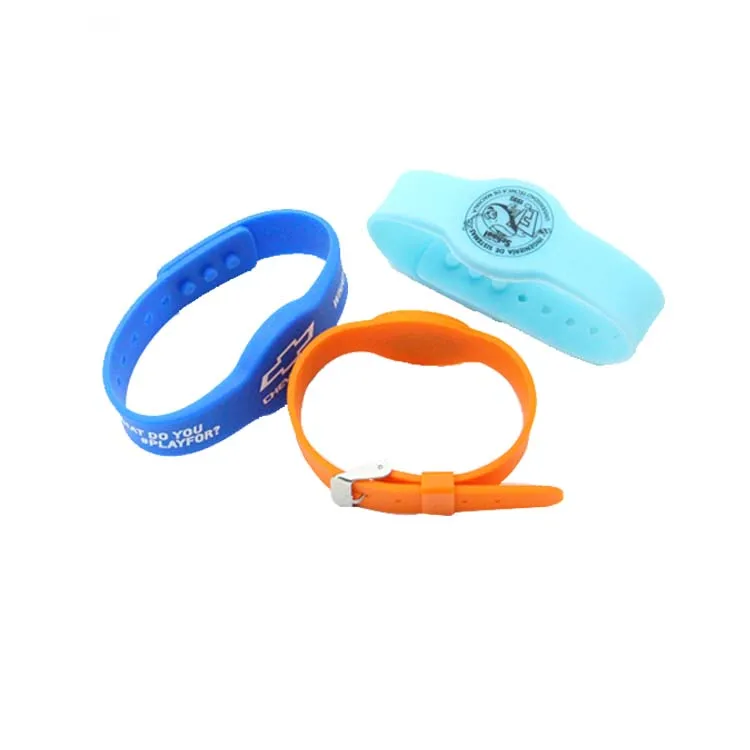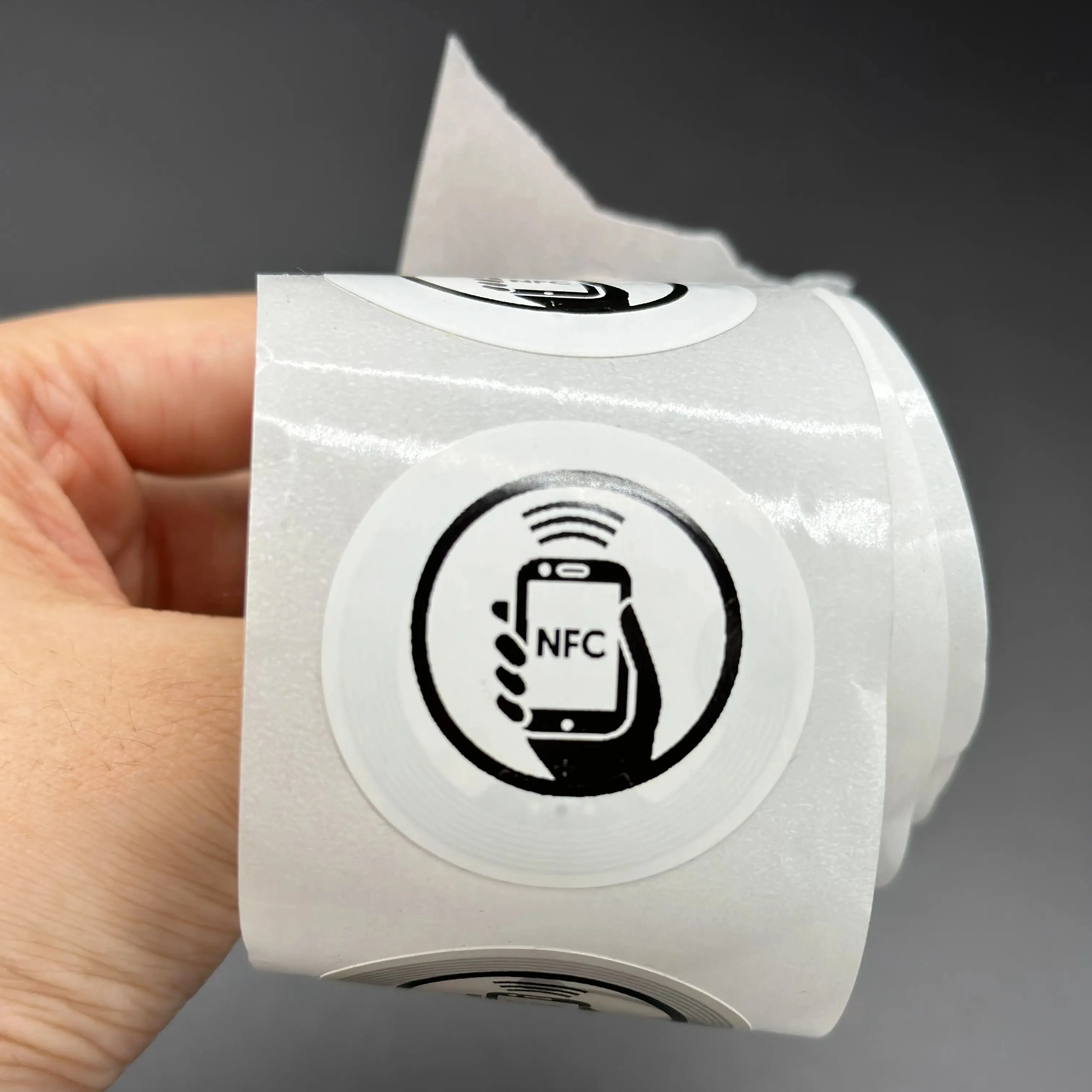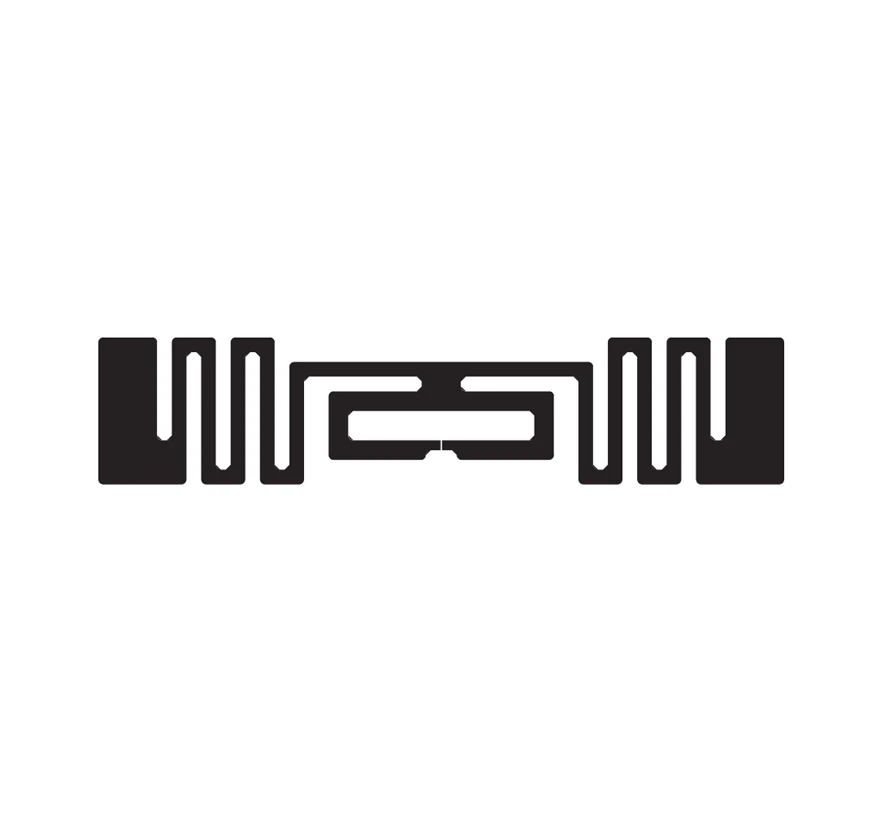Safety and health of the patients in the hospitals is the fundamental concern in hospitals. Nightingale hospitals are places where people go only when they have done everything they can to avoid an emergency — so when they do/if they do, they need to feel safe. For example, RFID tags are used in some cases to help ensure safety. RFID = Radio-Frequency Identification This is a specific kind of technology used to help people monitor things by communicating through radio waves.
In hospitals, RFID tags are miniature devices, clipped on to patients and look like a wristband. They also carry important details which hospital staff can use to track and ensure patients are receiving the appropriate care. For instance, the RFID tag could contain the patient’s name, their health details, allergies, and medicines that need to be taken during their stay. Doctors and nurses find this information extremely helpful to provide the best possible care.
For instance, using RFID tags, hospital personnel can more easily find medical equipment they want to utilize. It enables them to scan RFID tags rather than search dozens of rooms and storage areas to see where things are. It saves a lot of time and allows them to focus on taking care of patients. RFID tags also assist staff in knowing how much of a specific medicine they have in stock. This is useful information because now they can preemptively stock up before those stocks run out and always have the medicines ready to be given to the patient.
57541 This data can help streamline hospital workflows as RFID is used to track patients in their hospital journey. This is helpful to the staff since they are able to track where each patient is located at any moment. For example, if a patient is waiting for a check-up or treatment, the staff can find out how long he/she has been waiting. Such data allows inpatients to lower their waiting time and to receive care in the shortest possible time; thus the patients experience much better while at the ward.

This is a very crucial thing to keep in mind, especially when it comes to hospitals and how all the supplies they have are kept. This involves items such as medical supplies, medicines and equipment. RFID is an excellent solution that assists in enhancing stock management in hospitals. Tracking supplies ensures that everything is present whenever it is required.

RFID tags allow hospitals staff to immediately locate items they are searching for. Instead of rooting through cabinets and shelves, they can scan the tags to easily find what’s available. They can also track how long it’s been since you used certain items and when you need to restock them. This helps avoid shortages, so that hospitals always have the supplies they require to give patients good care.

RFID helps hospitals minimize wastage, allows for better inventory management, and reduces medication errors. This can not only save money but also benefit the patient experience overall. Patients with “high expectations” about how the physically treated will see the hospital (62.5%) and feel cared for and safe (66.9%) will view the hospital positively.